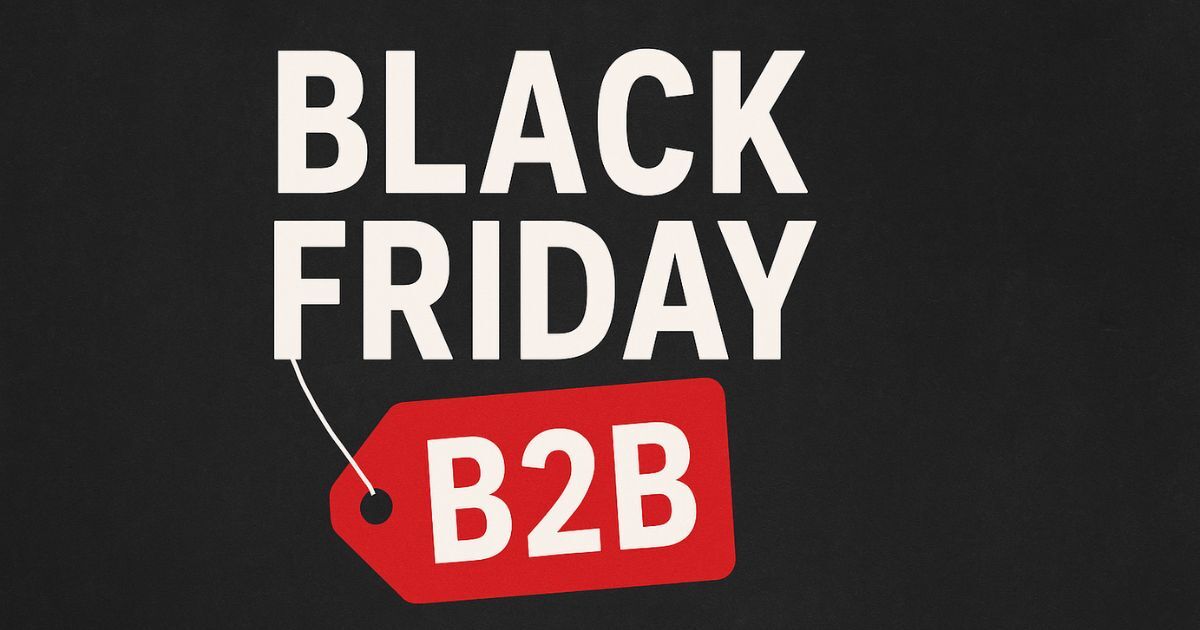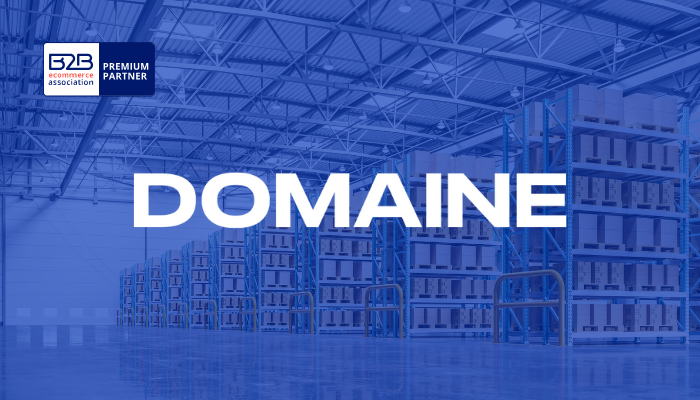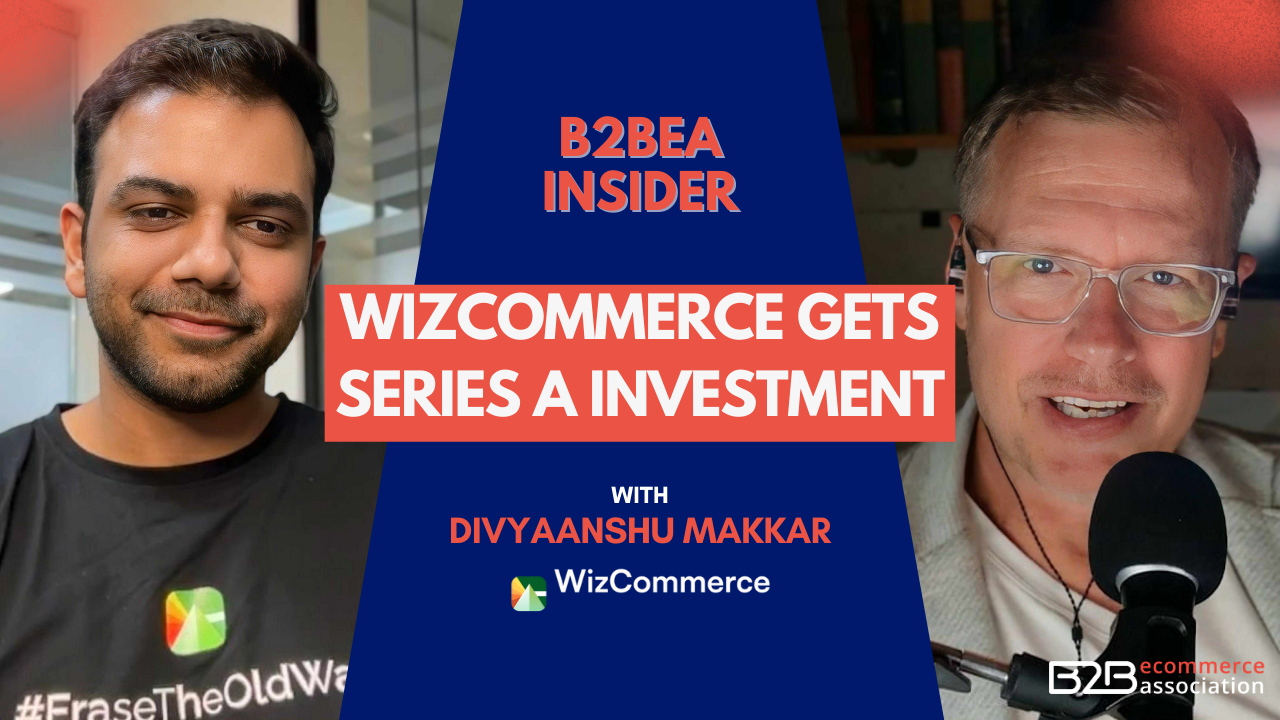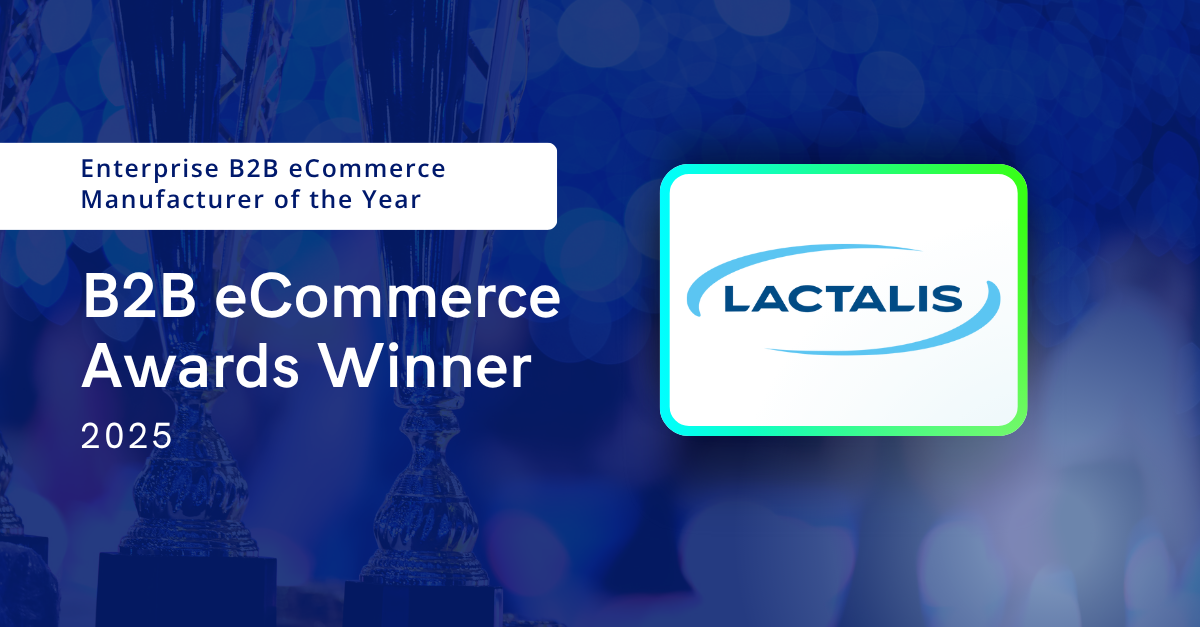How ICL Scaled Digital Sales Across 20 Countries Without Losing Local Touch
What does it take to launch 20 regional eCommerce portals, integrate them with four ERPs, and drive real adoption from dealers, distributors, and enterprise buyers alike?
For ICL Growing Solutions, a global provider of specialty fertilizers, the answer wasn’t just software. It was strategy, execution, and a deep commitment to making digital work for customers, not just the business.
ICL’s journey shows how even in historically offline, relationship-driven industries, it’s possible to scale digital commerce across continents without losing sight of what customers value most: speed, transparency, and control.
The Problem with Manual Growth
Before ICL began its digital transformation, most customer orders came in via email or phone. That meant service teams across dozens of markets were manually entering requests into legacy ERPs like SAP or Oracle.
This setup worked in smaller volumes. But as demand grew and new markets were added, so did complexity. Each new region meant another ERP environment, another set of price lists, and another team processing the same types of orders in different ways.
Meanwhile, customer expectations were changing. Buyers wanted to:
- View real-time pricing and availability
- Place orders without waiting for email confirmations
- Track shipments without back-and-forth with reps
Some large accounts wanted to send their POs directly from their own systems, no portal logins, no manual re-entry.
ICL didn’t just need an eCommerce site. They needed a global yet flexible customer platform.
The Strategy: Start Small, Scale Fast
To solve for both local complexity and global consistency, ICL selected OroCommerce for its ability to support multiple regional storefronts and ERP integrations under a single framework.
But technology was only part of the story.
The team launched with a small pilot, three countries, one ERP, limited scope. Once proven, they scaled quickly. New country portals were rolled out every eight weeks. Today, ICL runs 20+ regional sites across four ERP systems and multiple languages.
What used to take months per launch is now repeatable and nearly turnkey.
“With the model we built, we can stand up a new B2B portal in eight weeks. That gives us the ability to scale digital sales globally at a pace we couldn’t imagine before,” said Shahar Elyakim, Global CX Project Manager at ICL.
Adapting to Different Buyer Needs
One of ICL’s biggest wins was meeting buyers where they are, even if that means they never log in.
- Distributors now place orders 24/7, view negotiated pricing, download invoices, and track fulfillment without needing to call a rep.
- Enterprise accounts that still send PDFs from their ERP? ICL introduced a smart-ordering feature that reads POs, creates draft orders automatically, and requires only final approval from the buyer.
Whether it’s full self-service or hybrid support, ICL didn’t force customers into a single behavior. They built digital to flex around how their buyers already work.
That’s the difference between a platform launch and real adoption.
Getting Teams and Customers On Board
To support the rollout, ICL didn’t rely on email blasts and user manuals. They treated adoption like a go-to-market motion:
- Created short training videos for both internal and external users
- Built tailored onboarding kits for each region
- Held feedback sessions and forums to share lessons between teams
- Gave leadership real-time dashboards to monitor adoption
This enabled local managers to lead their own launches while keeping a consistent customer experience across markets.
Business Results: What Changed
The impact wasn’t just operational, it was commercial:
- 60% of customers in the first wave moved fully online
- Digital buyers consistently purchased more than those ordering offline
- Sales teams shifted time from retyping orders to providing strategic support
- Even legacy ERP users in North America reported a “180-degree turnaround” in order speed and accuracy
By freeing up reps and empowering customers, ICL made its digital branch more than just a storefront. It became a lever for loyalty, retention, and expansion.
What’s Next: Expanding the Playbook
ICL plans to extend the model into Brazil, China, and other high-growth regions. Future enhancements include:
- AI-driven product recommendations
- Deeper shipment tracking
- Loyalty programs targeting mid-sized distributors and even growers
More importantly, they’ve built a repeatable playbook for digitizing traditional sales, one that works in any region, any language, and for any buyer type.
Lessons for Other Manufacturers and Distributors
ICL’s success reinforces a few key principles shared in our B2BEA training tracks:
- Start small, prove the model, then scale with purpose
- Serve both digital natives and traditional buyers with the same platform
- Invest as much in adoption and onboarding as you do in technology
- Don’t force change, design for how your customers already buy
Above all?
Digital commerce isn’t about replacing your sales team. It’s about freeing them up to focus where they add the most value.









